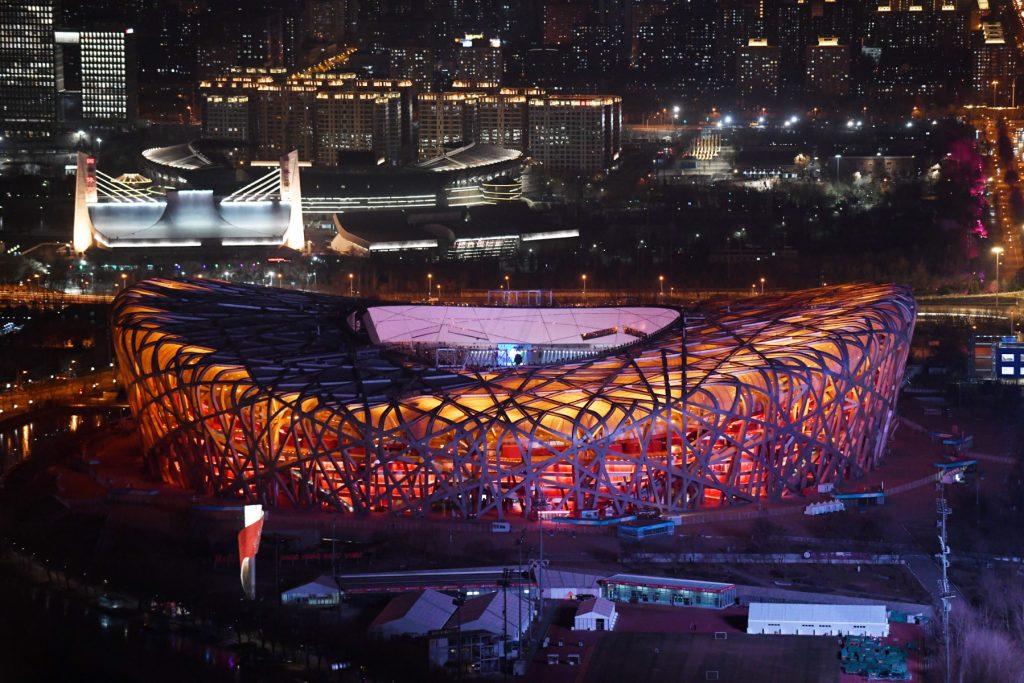Do not help crashed Olympics vehicles, Beijing police warn
Authorities have closed up the bubble last week meaning thousands of staff, volunteers, cleaners, cooks and coach drivers will be cocooned for weeks with no access to the outside world.
Just In
Beijing police have warned residents not to help any Winter Olympics vehicle if it is involved in a crash – to avoid breaching the Games’ strict bubble against the coronavirus.
China’s capital will host next month’s Olympics in a “closed loop” ensuring no athletes or other participants come into contact with the public.
Authorities closed up the bubble last week meaning thousands of staff, volunteers, cleaners, cooks and coach drivers will be cocooned for weeks with no access to the outside world.
The measures – part of China’s bid to maintain its zero-Covid strategy – are so strict that Beijing police issued a statement saying locals should not even rush to help an Olympics vehicle should it crash.
“In case of traffic accidents with special vehicles for the Winter Olympics, please pay attention to maintaining a safe distance,” Beijing’s Traffic Management Bureau said in a post on the Twitter-like Weibo.
“Do not make contact with vehicles or personnel in them and wait for professionals to arrive at the scene.”
China, where the coronavirus emerged toward the end of 2019, has pursued a zero-tolerance strategy and is taking the same approach to limit the pandemic’s impact on the Feb 4-20 Olympics and subsequent Paralympics.
That contrasts with the Covid-delayed Tokyo Summer Olympics, which allowed some movement in and out for volunteers and other personnel.
The global media and roughly 3,000 athletes are expected to start arriving in the Chinese capital in the weeks ahead and will remain in the bubble from the moment they land until they leave the country.
Anyone entering the bubble must be fully vaccinated or face a 21-day quarantine when they touch down, and everyone inside will be tested daily and must wear face masks at all times.
The system includes dedicated transport between venues, with even closed-loop high-speed rail systems operating in parallel to those open to the public.
China’s strict rules to prevent a possible coronavirus outbreak linked to the Games will be tested by the emergence of the highly infectious Omicron variant.
The country has so far reported only a handful of Omicron cases but officials are struggling to stamp out virus clusters in several cities with tens of millions being tested and millions under lockdown.
Subscribe to our newsletter
To be updated with all the latest news and analyses daily.
